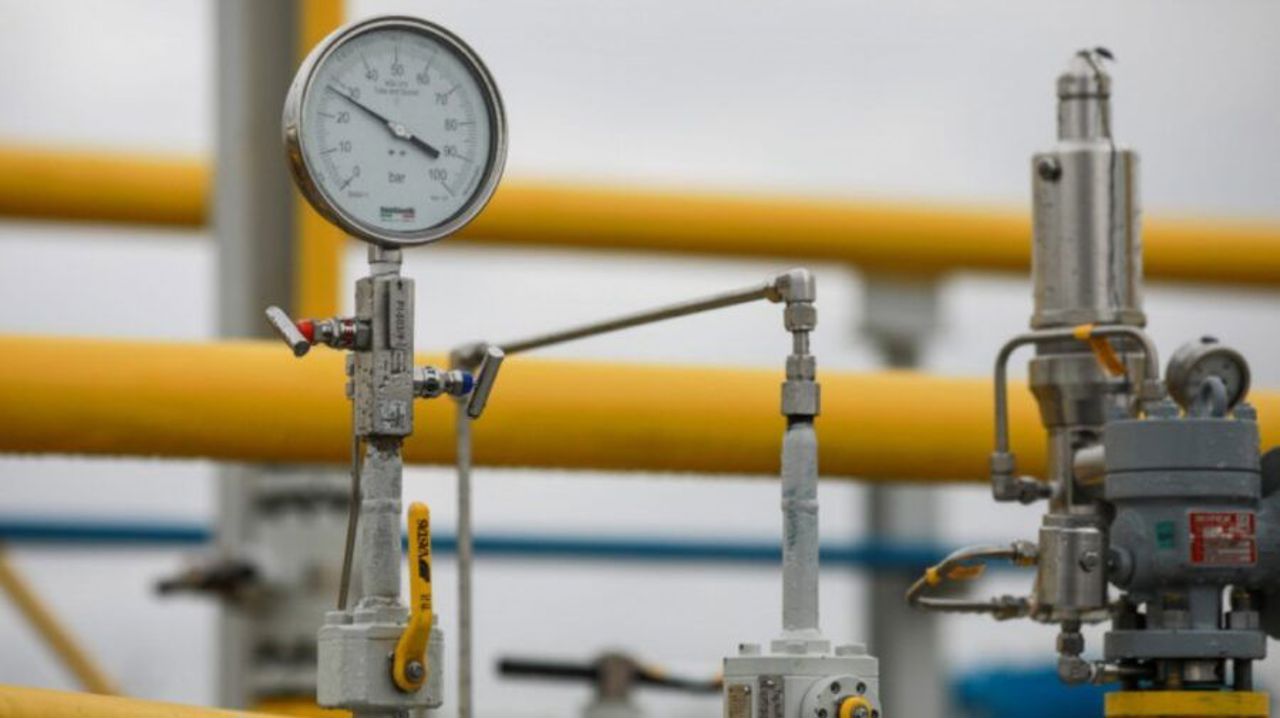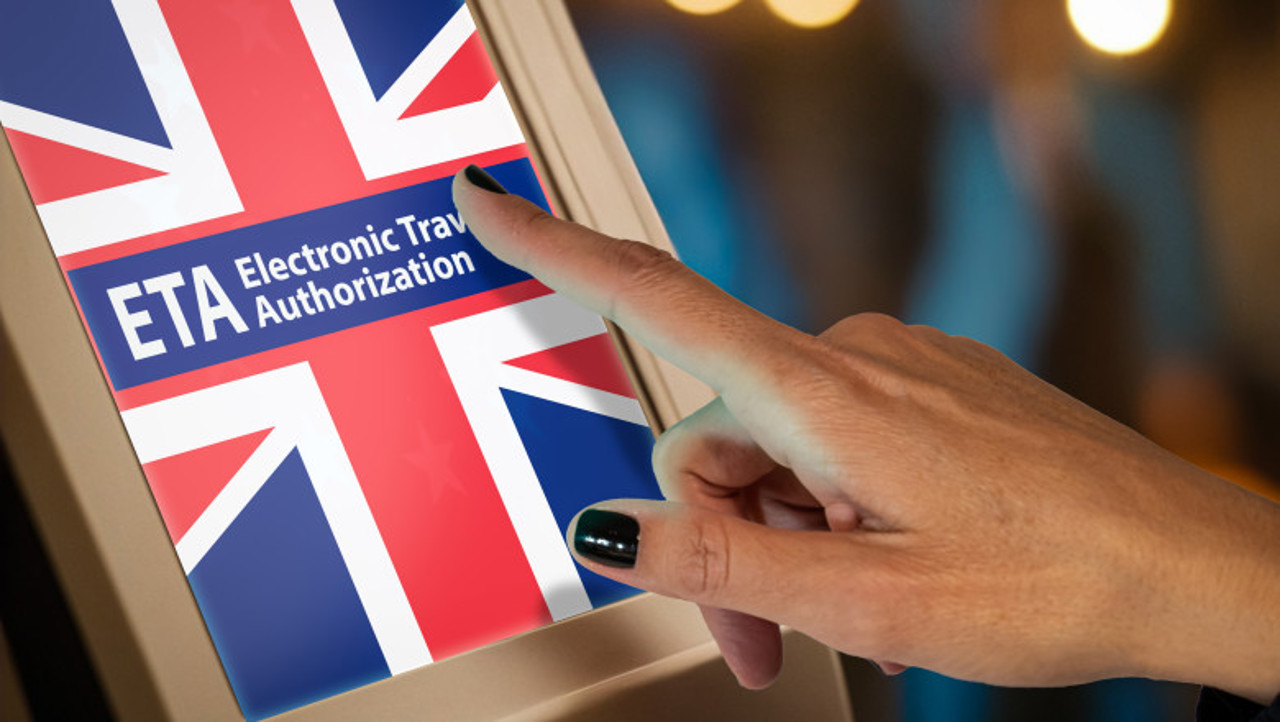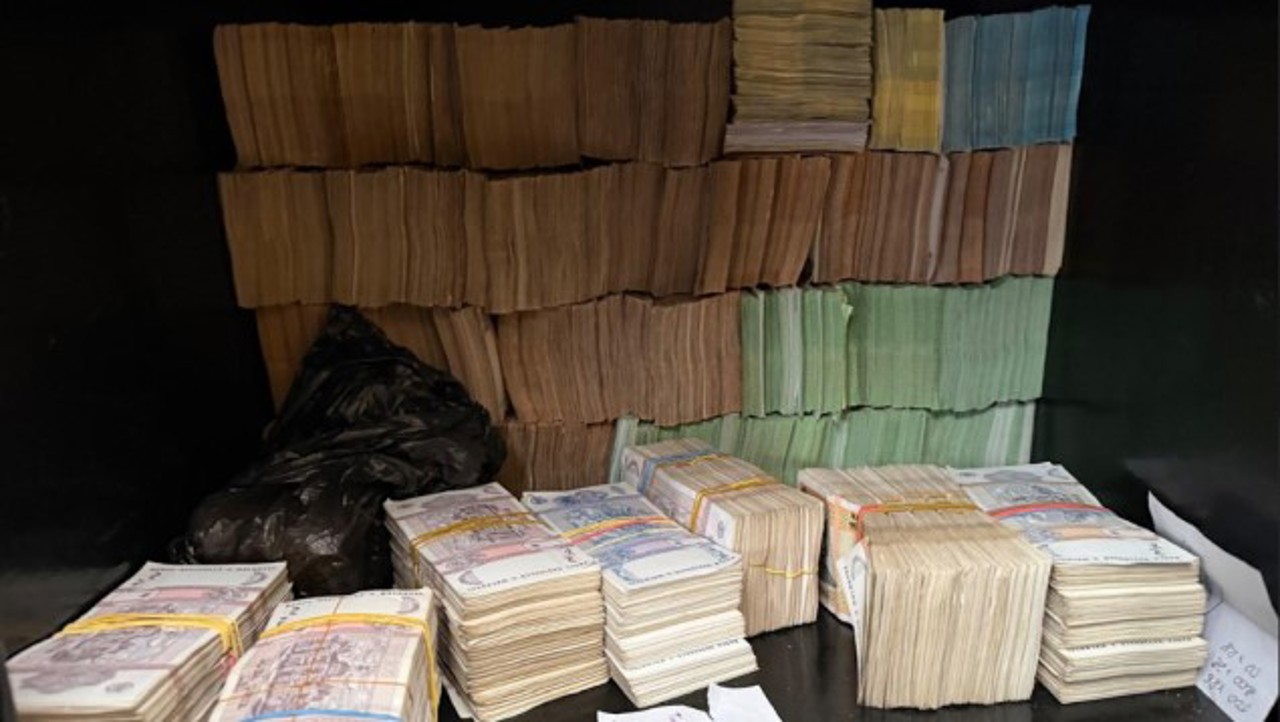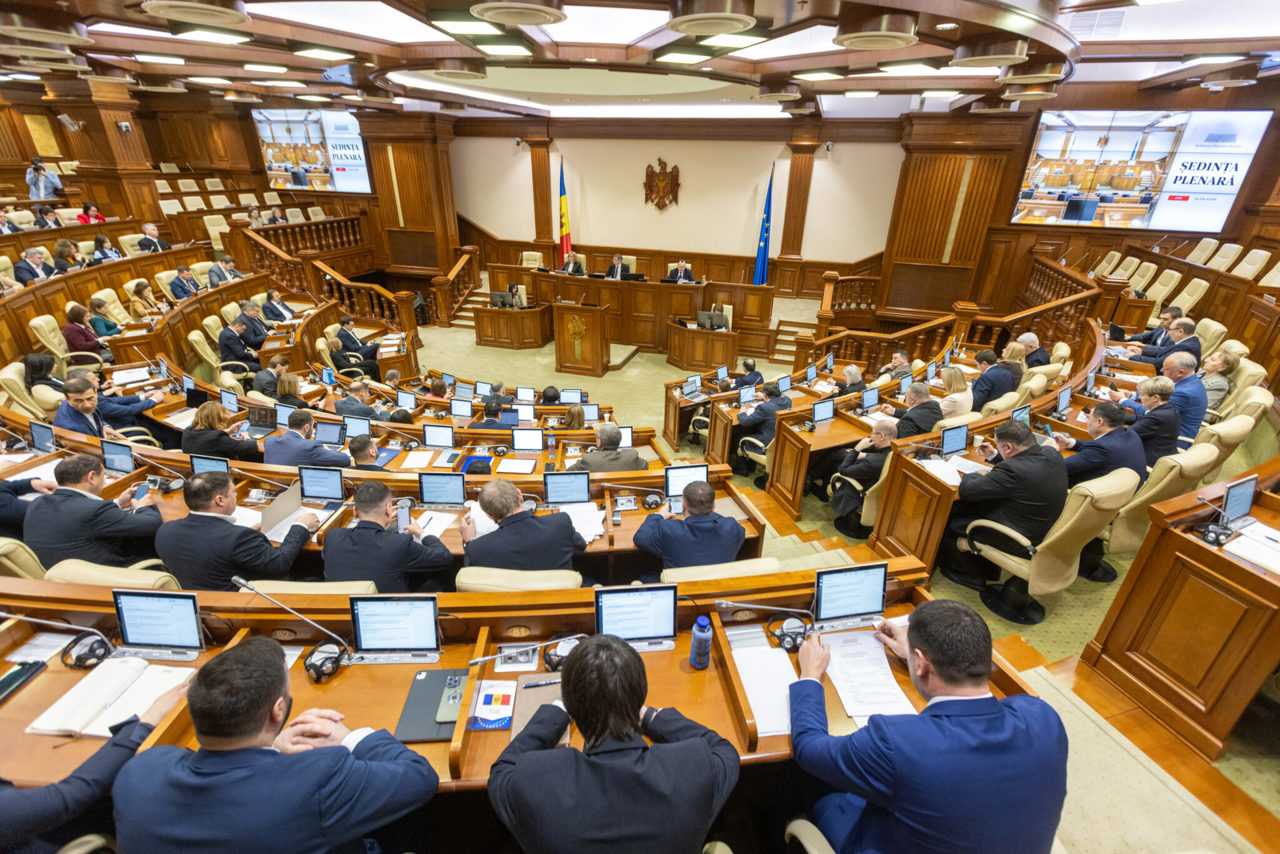"A state of emergency can speed up processes, but it does not guarantee solutions." What measures do experts propose to avoid a major crisis
The state of emergency in the energy sector, set to be established in the Republic of Moldova on December 16, raises questions among experts about its effectiveness in preventing an energy crisis after January 1, 2025. Although this measure aims to expedite decision-making in areas such as procurement and pricing, it is not a complete solution without international negotiations and the identification of alternative gas sources, warns energy expert Sergiu Ungureanu during the “Zi de zi” show on Radio Moldova.

Ungureanu emphasizes that while the establishment of a state of emergency can boost decisions related to tariffs and procurement, it remains insufficient without concrete actions. “Unfortunately, this is not a solution; it is not a panacea. Urgent measures must be taken, including international actions, to avert this crisis. I do not see any discussions at the level of our development partners, our neighbors, or the European Union that would allow Moldova to reserve at least some transport capacities, if not the necessary quantities of gas,” he stated.
He noted that Moldova currently lacks reserved transport capacities on the Trans-Balkan network, complicating the import of gas even when sources are available. The expert recommends expanding negotiations with countries like Azerbaijan and Greece for the import of liquefied gas.
Prime Minister Dorin Recean said that Russia is contractually obligated to deliver gas to the border, which means there will be no discussions with Gazprom. “I believe that solutions should be found to overcome this crisis. Even if certain political rhetoric is disregarded, which does not help the situation, Moldova should still engage in negotiations to ensure the necessary quantity of gas, considering that electricity production—mostly around 80%—is largely based on natural gas,” he added.
Ungureanu also highlighted the impact of Ukraine's decision to cease the transit of Russian gas through its territory. This decision directly affects Moldova, which relies on gas imports. The expert suggests that the authorities in Chișinău should collaborate with Ukraine to explore temporary transit solutions.
Additionally, Prime Minister Recean has requested the resignation of Victor Parlicov, the interim general director of the "Energocom" enterprise, as well as Victor Bînzari and Sergiu Tofilat from the supervisory board of "Moldovagaz."




